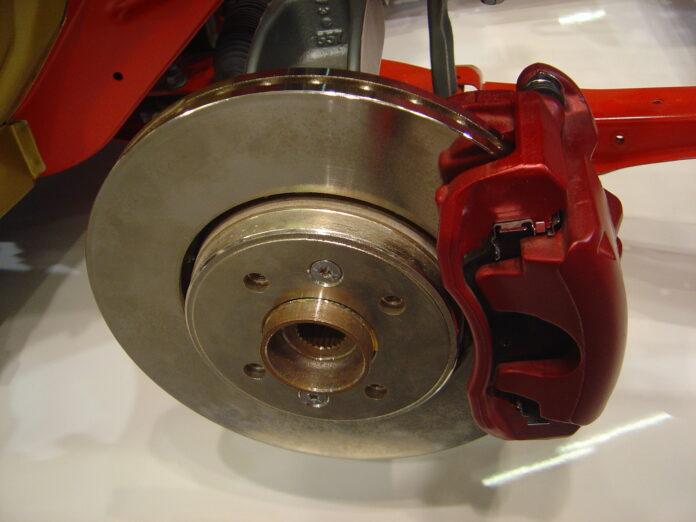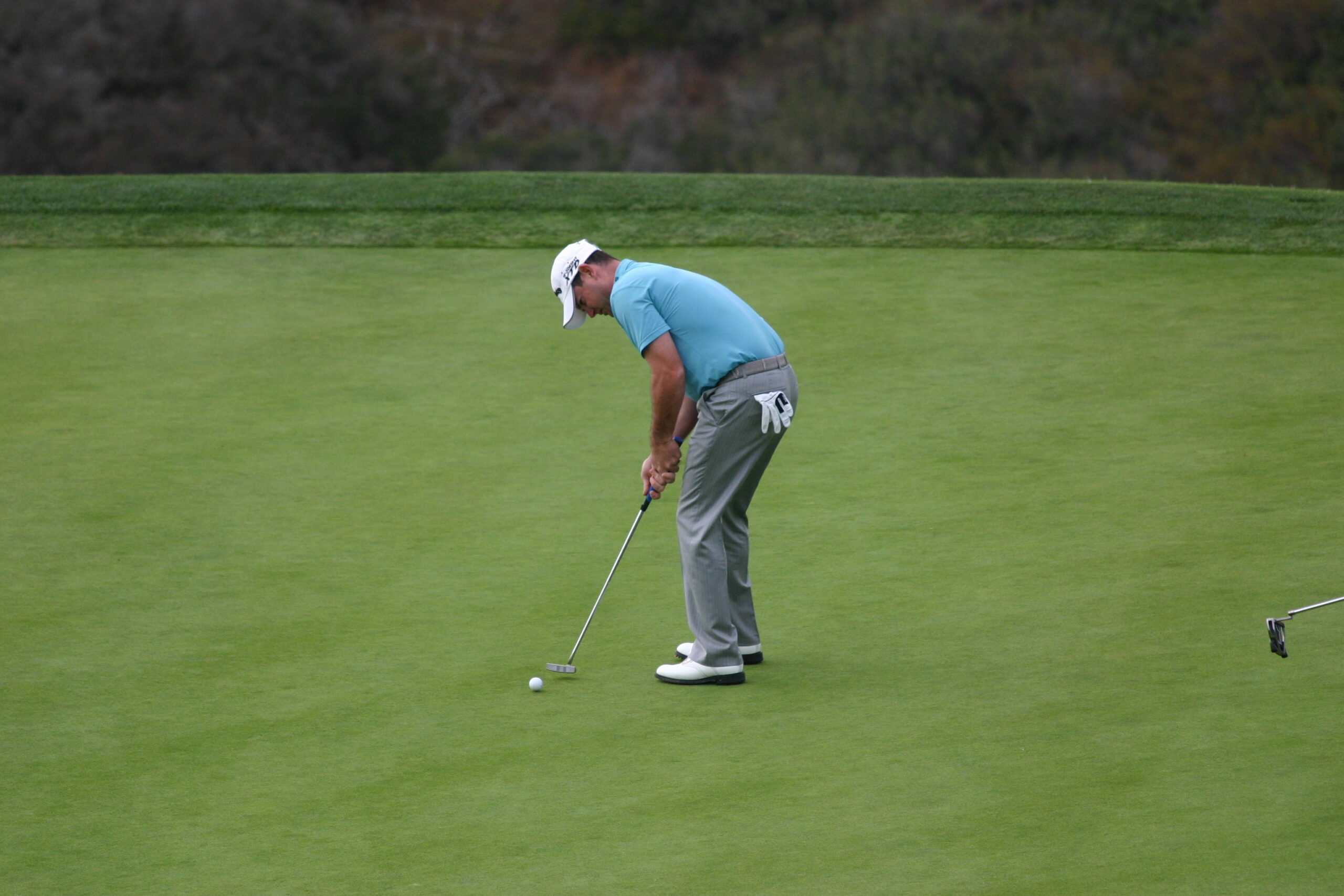Brake Rotor
By its very nature, the brake system in your vehicle plays one of the most important roles and can withstand the harshest conditions. A short trip to the store involves 50 times of braking, so you can imagine the kind of wear they receive overtime. Keeping them in excellent condition for your safety and those around you should always be a top priority.
As a primary component of the brake system that wears out, brake pads tend to be the first thing people think about when they talk about brake service. Likewise, your brake rotors are part of the system, and although they do not need to be replaced as frequently as the rest of this system, they should be checked periodically.
Types of brake rotors
There are two types of brakes on your vehicle, discs, and drums. Rotors are also known as discs. Older cars typically have drum brakes, although some newer vehicles may have discs on the front and drums at the back.
Some brake systems are hydraulic, while others are mechanical. Brake pedals are mechanical systems responsible for initiating braking. The hydraulic element is engaged when you depress the brake pedal. Hydraulic calipers are supplied with pressurized brake fluid by this element. The brake pads are held by how the brake calipers function. The pressurized fluid closes the places over the disc by squeezing these mechanical fingers. Drum brakes use shoes inside the drum to create friction against the drum wall, resulting in vehicle braking.
Discs or rotors use pads to create friction between the rotor and the residence for your vehicle to slow down. The places make up the majority of the variance. Rotors essentially absorb the friction created by the pads. Approximately half of the heat your rotors can drink at one time is lost because they are worn down, which results in slower stopping. By checking and replacing your brake pads regularly, you can avoid more costly repairs in the future.
How long do brake rotors last?
Several factors determine the life expectancy of a rotor. Wear is caused by the weight of your vehicle and any cargo or passengers you have on board. Having heavy loads on your car makes stopping more difficult. Trailer towing can add a significant amount of weight to your vehicle. The braking systems on modern trailers are separate and can be integrated with some cars, which is helpful.
Brake rotor wear is also affected by your driving habits. Fast drivers are more likely to wear out brake rotors quickly. Allow your vehicle’s natural weight to help slow you down before engaging the brakes by coasting, also known as engine braking. As well as driving slower and keeping a safe distance from the car in front, you will be able to coast more quickly if you follow at a safe distance.
It all comes down to the quality of your rotors. Construction and materials of high quality will last longer than those of low quality. Similarly, brake rotors of higher quality perform better. Cheaper rotors might wear out sooner and cost you more in the long run. Although your rotors are the most durable part of your car, the above factors can result in a short life span. You can expect your rotors to last anywhere between 30,000 and 70,000 miles based on the above factors.
When is it time to replace your rotors?
A professional mechanic should answer this question. The construction of your tires is one of the most durable parts of your car because of the harsh treatment they receive every day. Unfortunately, there is no definite period during which they will last. Your brakes should be checked every six months at the very least. If you would like, Ike Honda will perform a brake inspection when you rotate your tires, but you are welcome to request it.
You feel pulses coming from your brakes because a warped rotor prevents the brake pad from adhering to it and causes it to grasp sparingly. If you haven’t previously, you might be able to change the brake rotors now, although it would be best to replace them. As a result of rotors heating up more quickly due to turning them, brake pads are worn out more quickly.
Read More: What Is Green Landscaping? Its Types, Benefits, And Other Info You Need To Know
What can you do to protect your rotors?
Your driving habits are the most straightforward way to protect and lengthen the life of your brake rotors. Additionally, you should have your brakes regularly inspected. The most common reason brake rotors become damaged is when worn brake pads go unreplaced.
Frictional brake pads consist of a metal plate attached with friction material. The friction material wears away over time. When too much wear occurs, the metal underneath can be exposed, causing a grinding or squealing sound. Those sounds indicate that you have waited too long. At Ike Honda, we offer factory-trained mechanics who can inspect the brake system in your vehicle and advise you if repairs are needed.
Brake Rotor replacement
Rotors should always be replaced in pairs if they need to be replaced. If your rotors become damaged, you may be surprised to learn they don’t always need to be replaced. Occasionally your rotors can be resurfaced, but only if the damage is limited to the surface and if the thickness of the rotors is still sufficient.
Grinding your rotors down to make them smooth and symmetrical is part of resurfacing. Rotors can be resurfaced safely in areas or grooves that have been affected by small cracks. If one or both are damaged by warping or cracking, it must be replaced. Even if you have the depth to grind down deep grooves, you will often have to replace the rotors. It is dangerous to grind them thinner than the minimum thickness recommended by the manufacturer. If the rotors are rusted beyond repair, they must be replaced. With Ike Honda, your brake rotors and pads can be inspected and repaired by our expert technicians.
FAQs
- What is the recommended interval for replacing brake rotors?
In general, brake pads should be replaced every 10,000 to 20,000 miles, and rotors should be replaced every 50,000 to 70,000 miles.
- Are brake rotors capable of lasting 100,000 miles?
When brakes are inspected and maintained, and brake pads are changed regularly, rotors can last over 100,000 miles.
- Do I need to replace all four rotors?
All four rotors are not required to be replaced simultaneously, but rotors and pads should be replaced at the same time for each axle.












